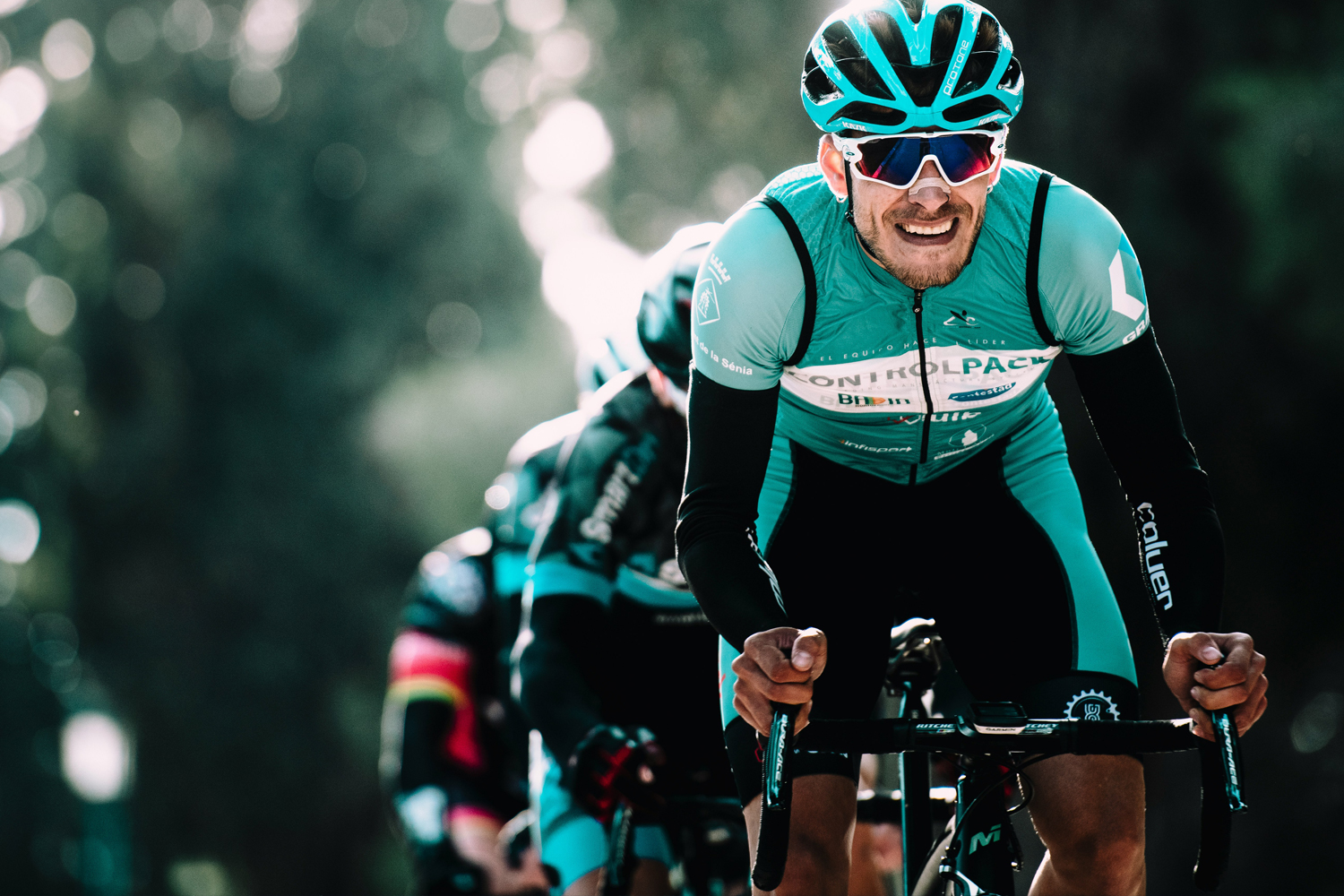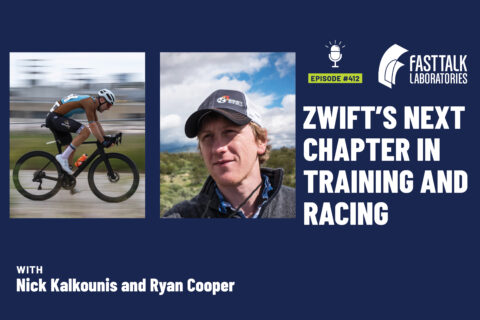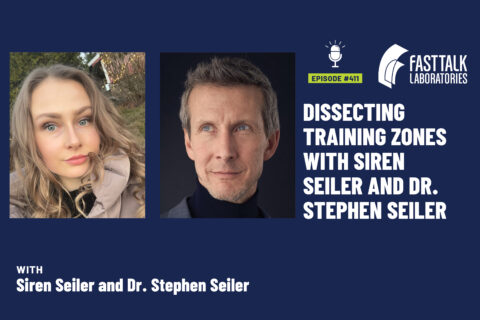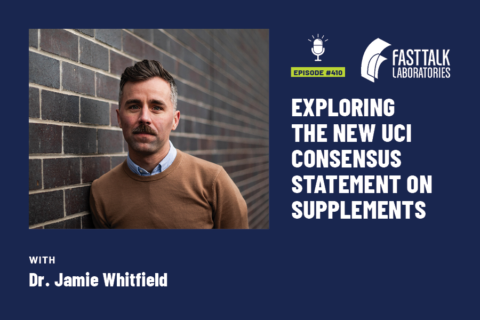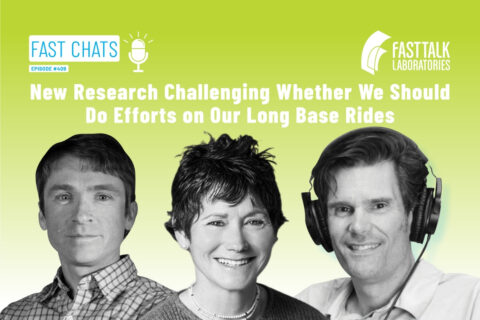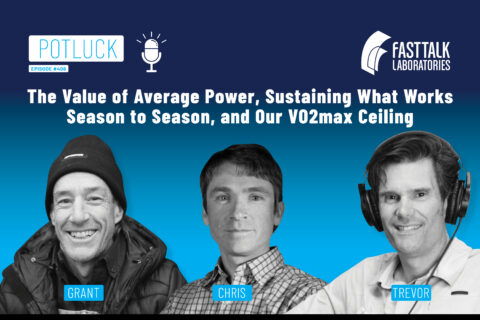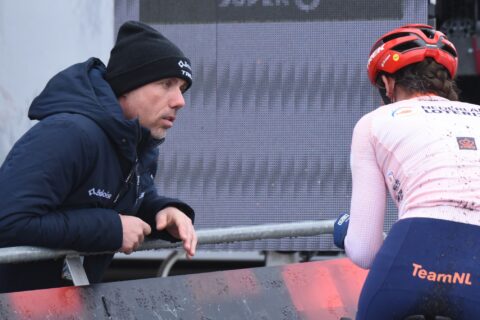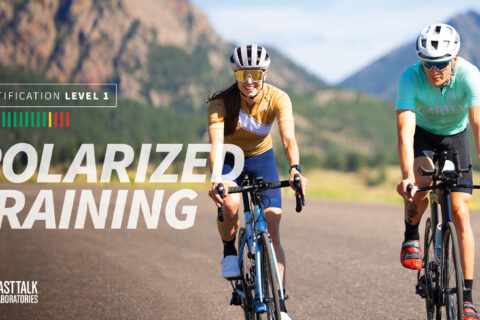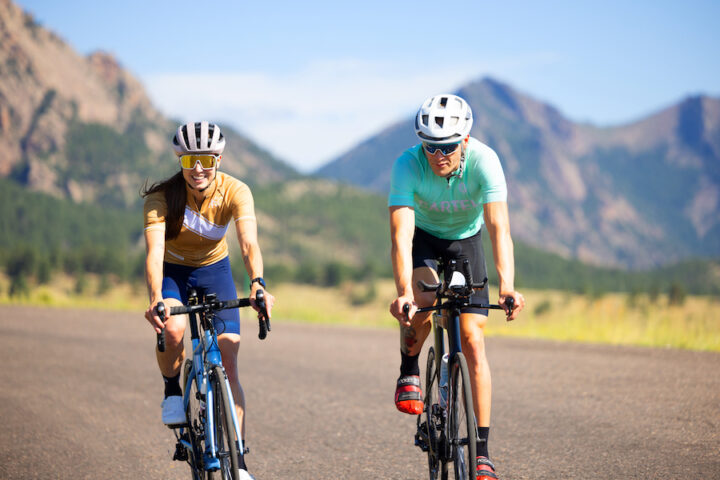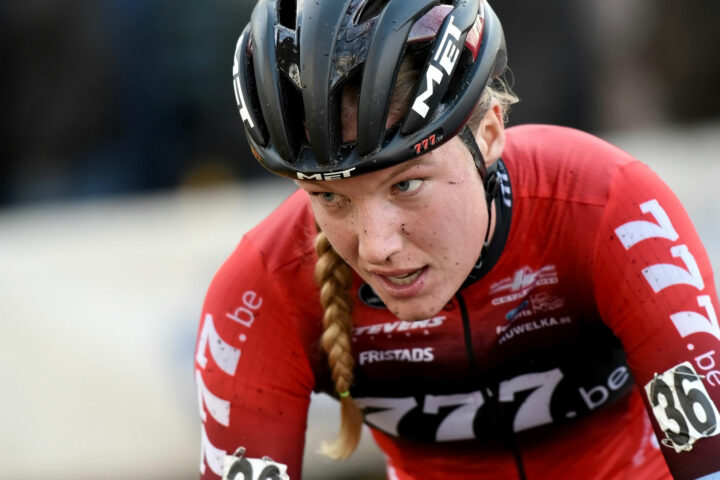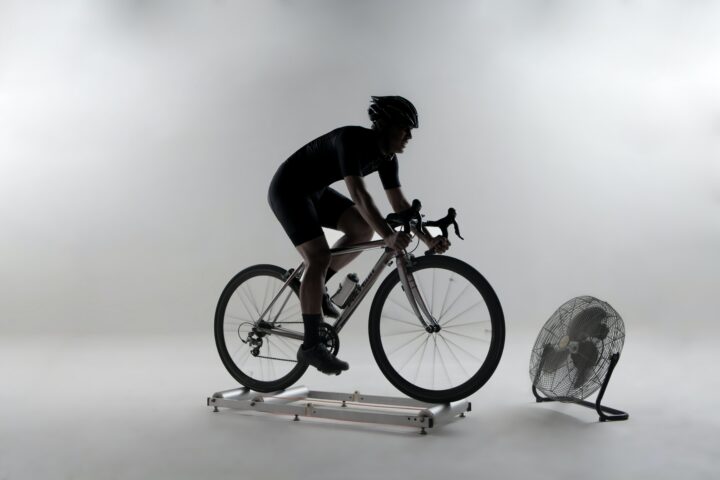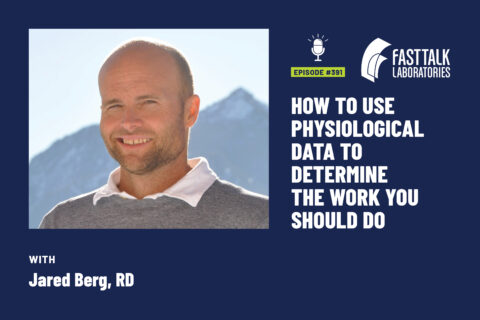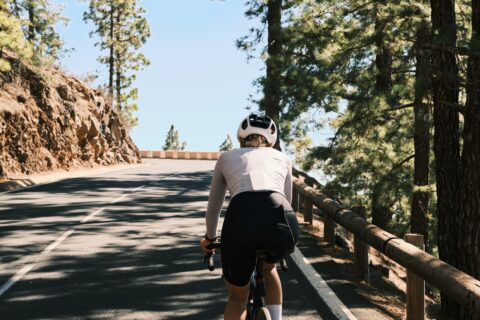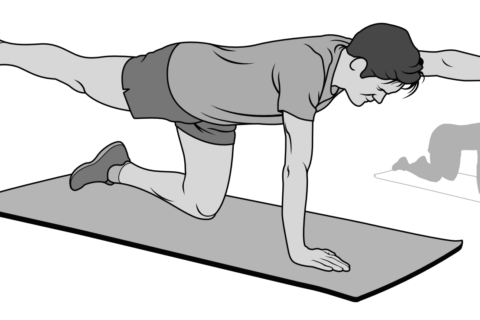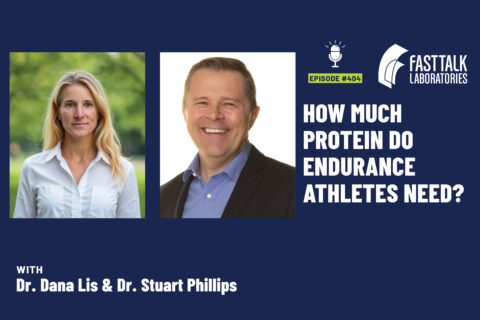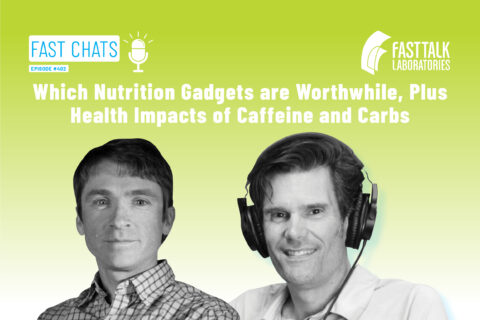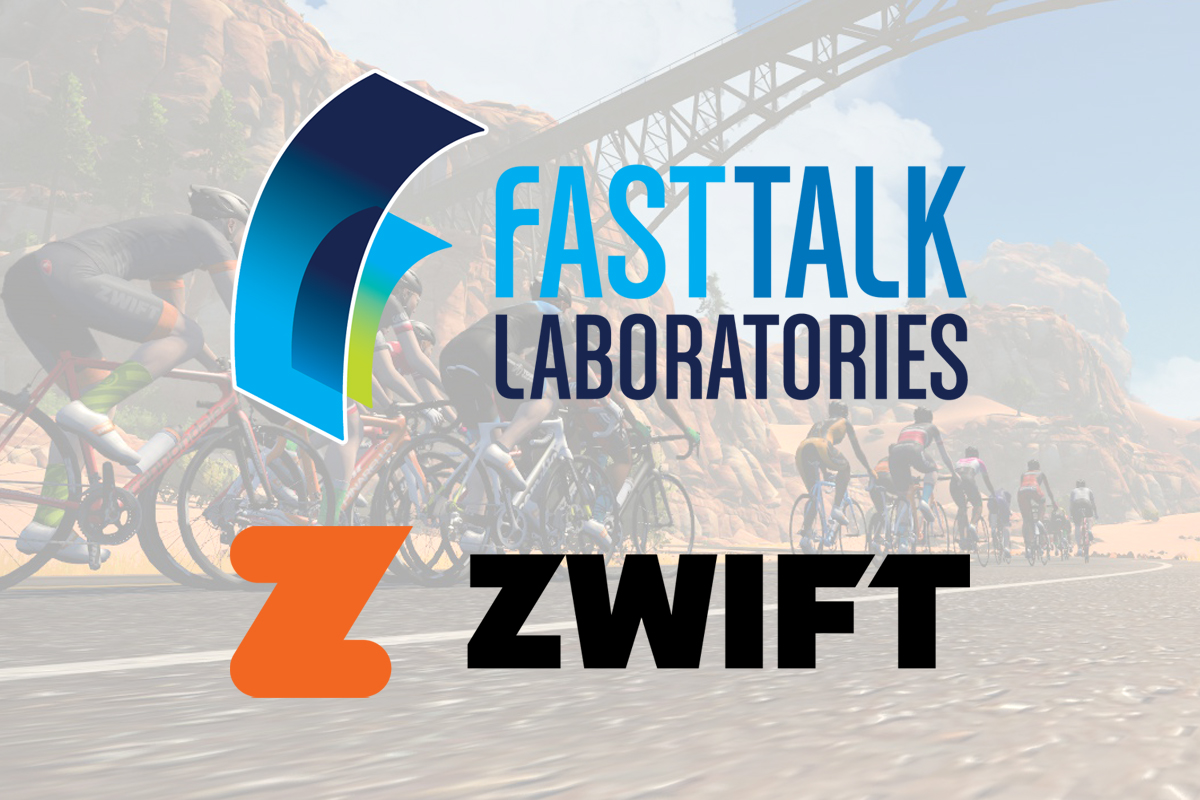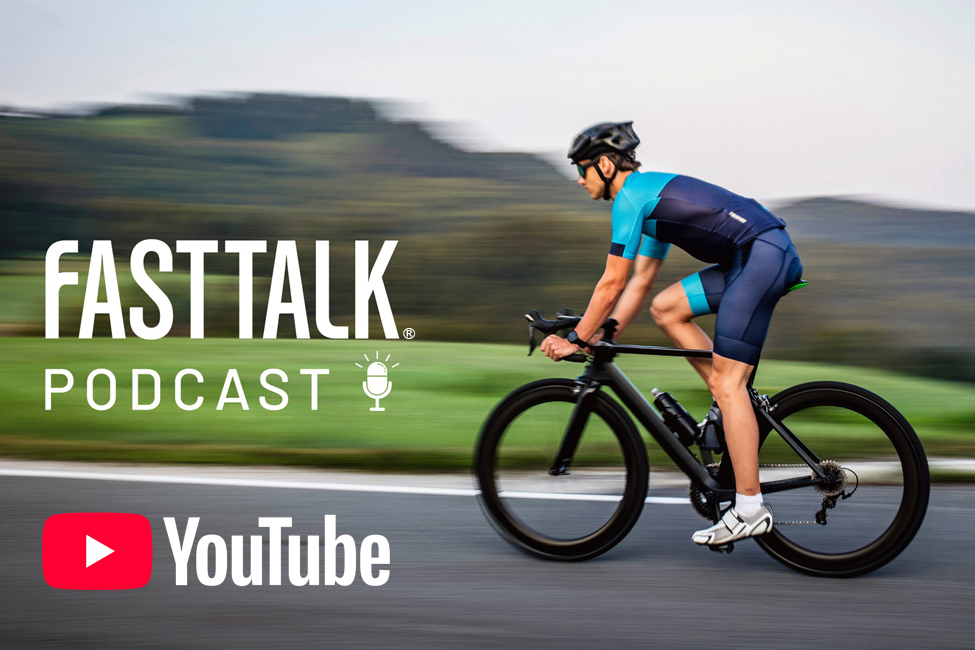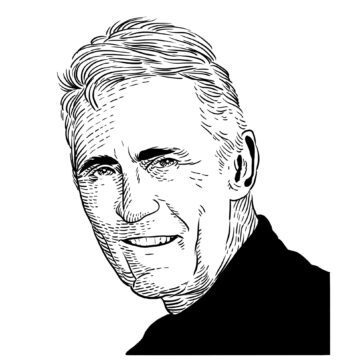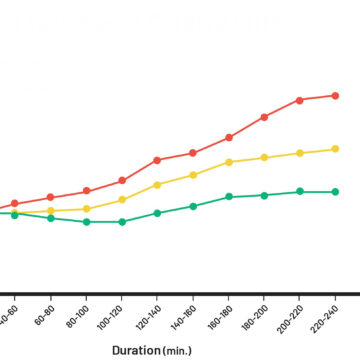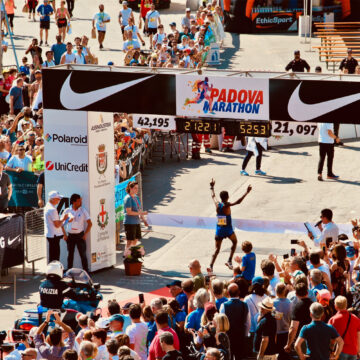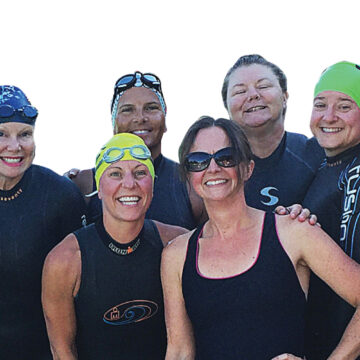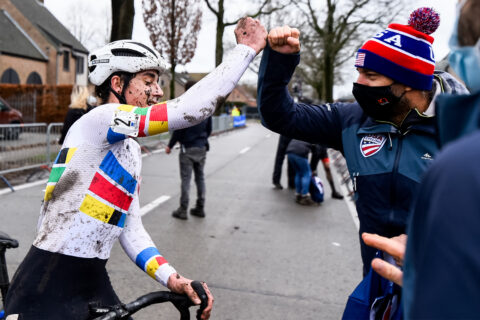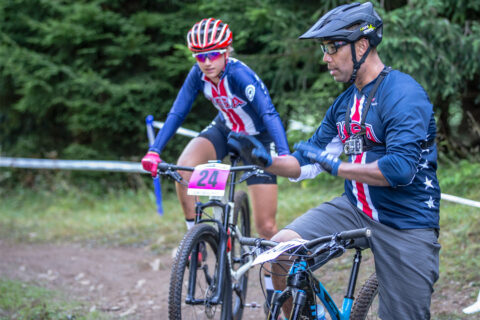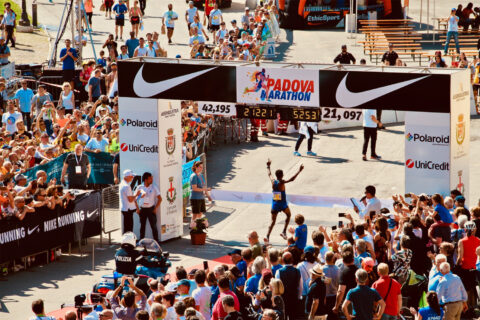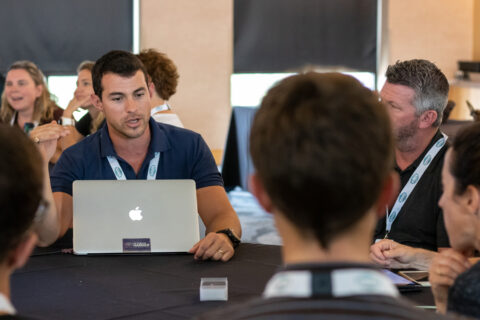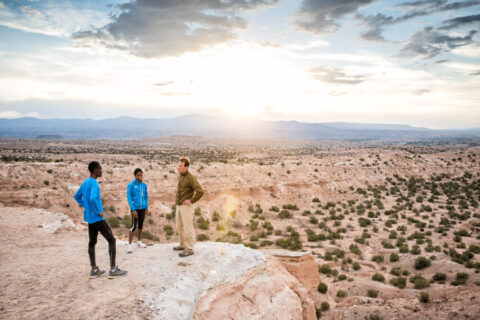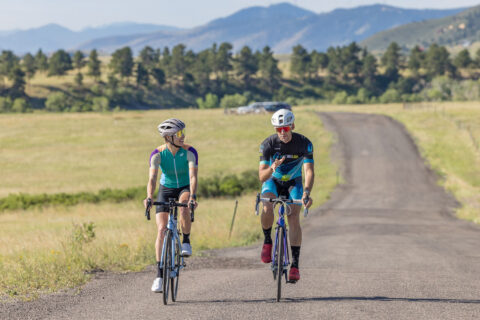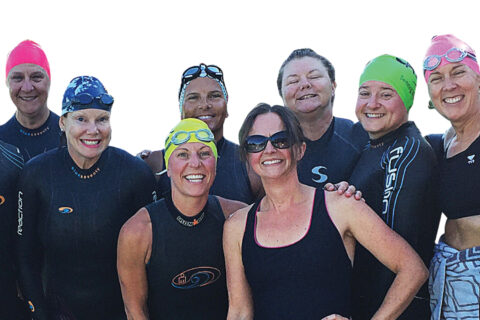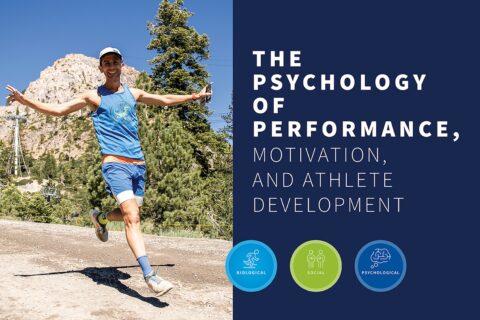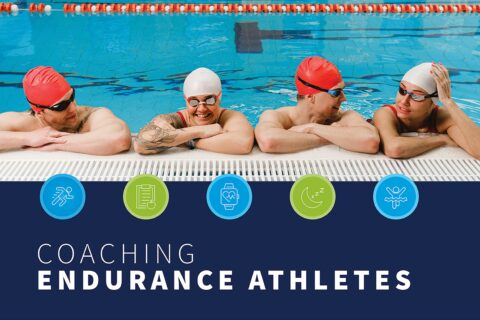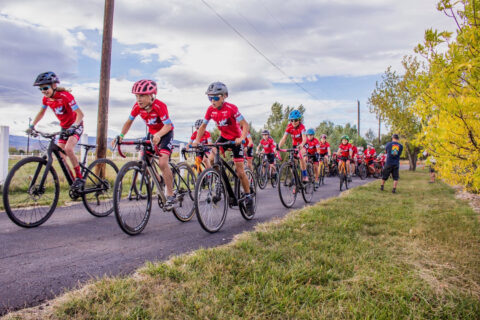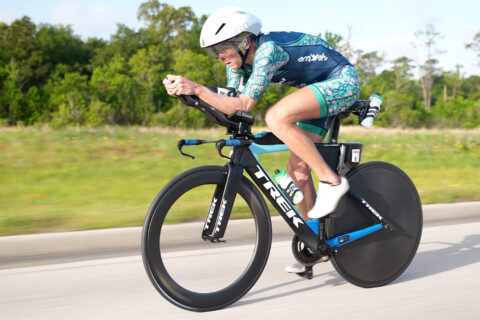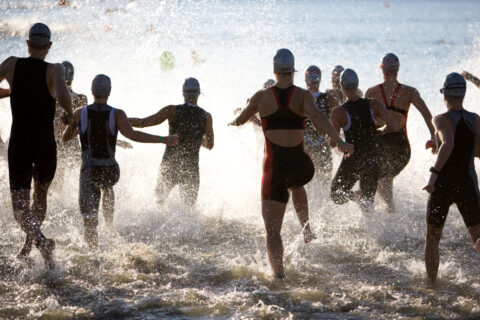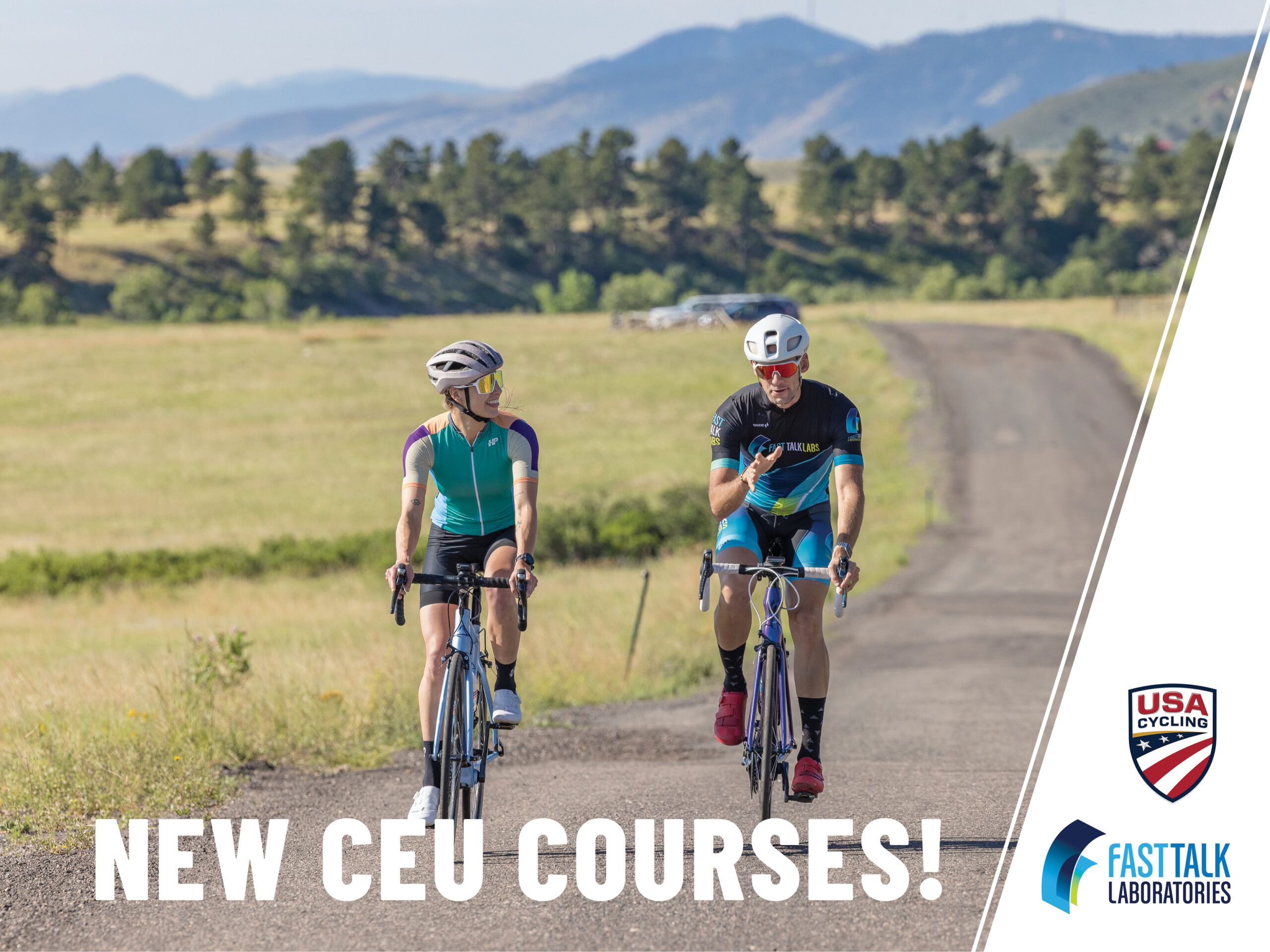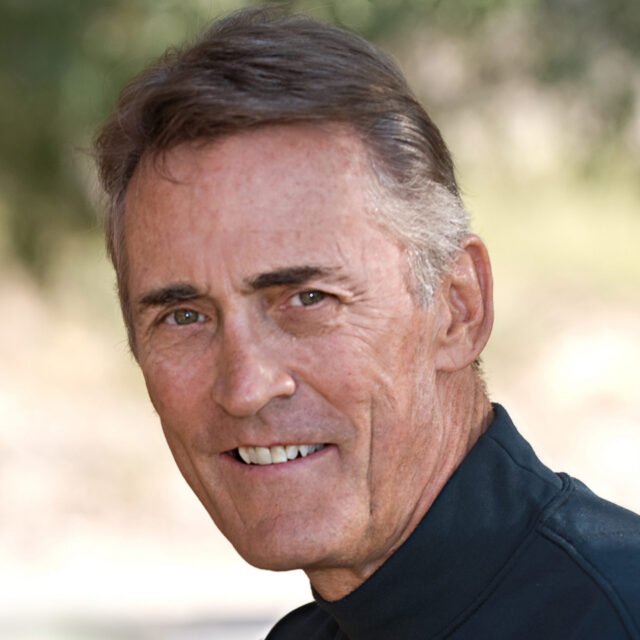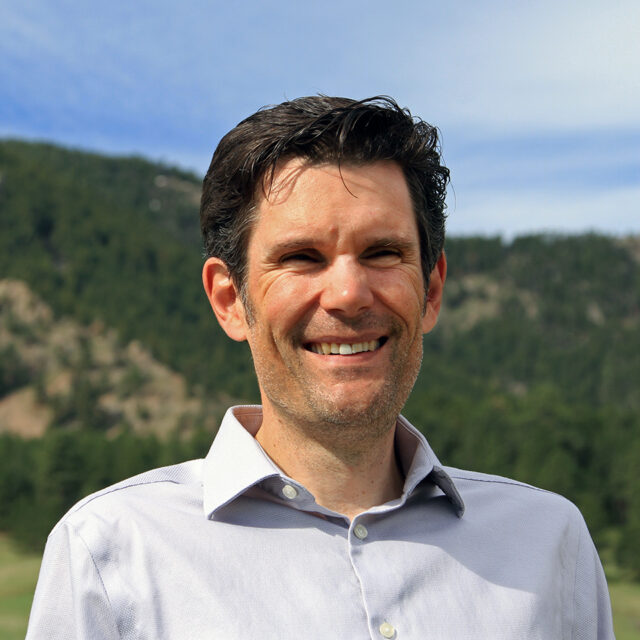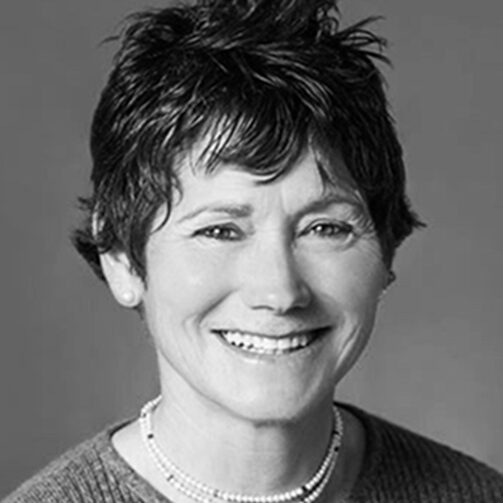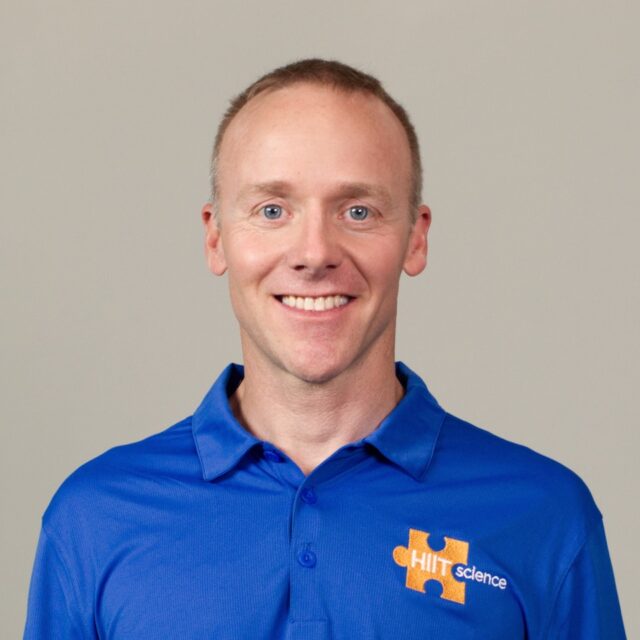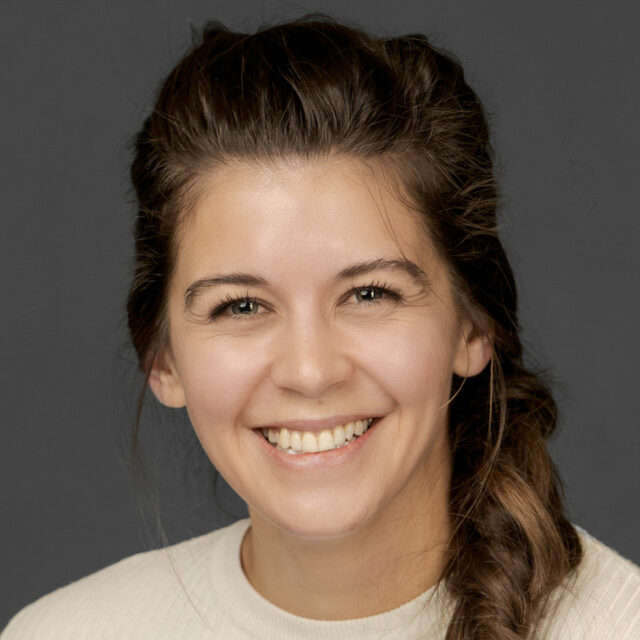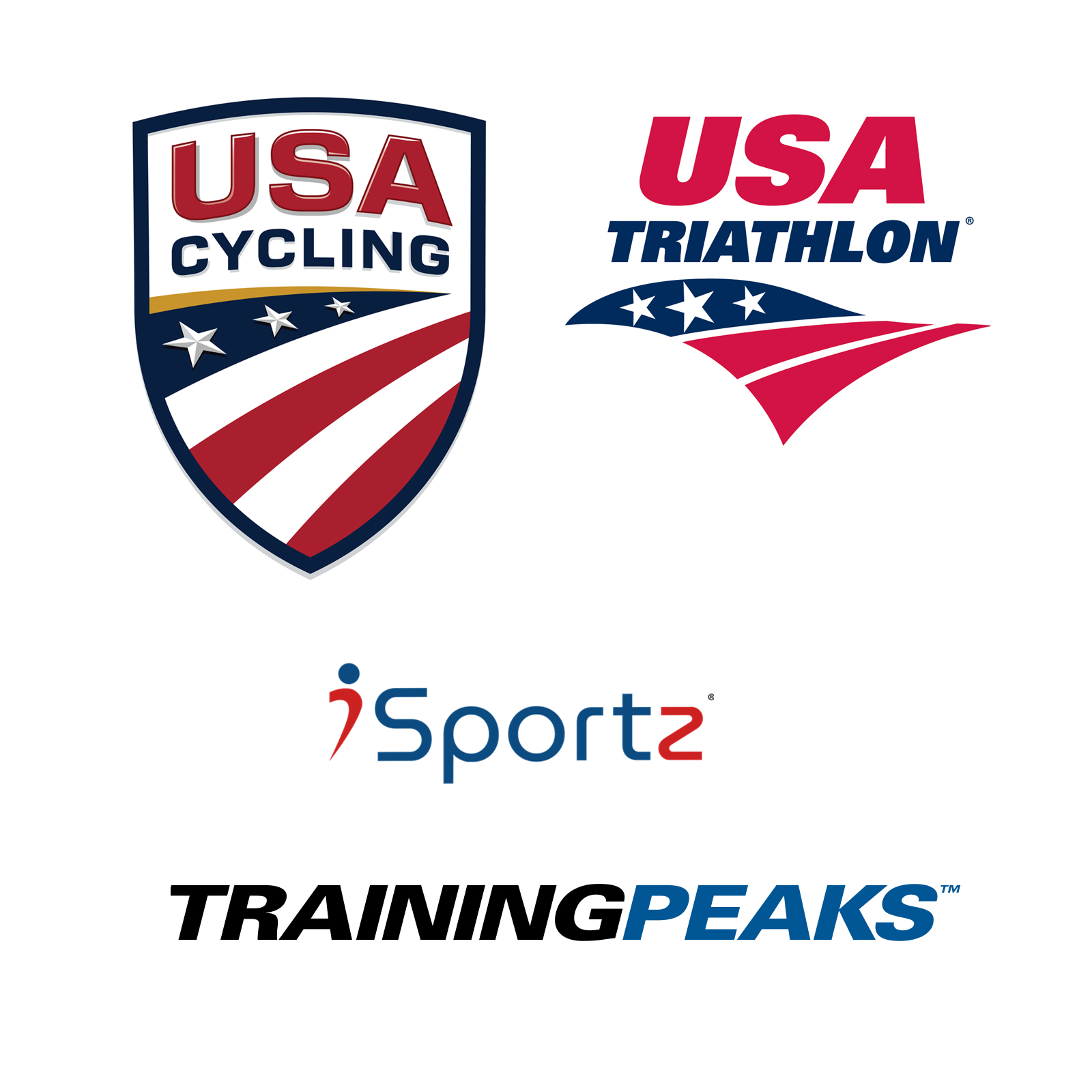Latest
All the latest from the Fast Talk Labs Knowledge Base including pathways, podcasts and videos.
Training
Cycling training is a science and an art. How endurance athletes train, when they train, and the intensity and duration of that training all affect the gains and adaptations they see.
Proper interval execution is essential to see the expected progress. How you analyze and interpret all that data is equally valuable. Of course, training needs to be planned so it fits into any given season, race schedule, and lifestyle. Off the bike, the importance of strength and conditioning is often neglected.
This is training. This process is what athletes live for.
Coaching
Coaching endurance athletes is an art, a science, and a craft.
We offer this selection of coaching-related articles, videos, workshops, and guides to help coaches begin to explore the support available for coaches through Fast Talk Labs.
Contact us with your questions, clarifications, or requests at coaches@fasttalklabs.com.
Pathways
Pathways™ are comprehensive guides to specific topics in endurance sports training from experts.
Explore a Pathway to discover concepts, master skills, and solve problems.
See how to use Pathways.
Workouts
Structured Workouts. Strength & Mobility. Core Exercises.
Change up your workouts—and understand the how and why—with these Fast Talk Labs workouts.
Our coaches and special guests share exercises and workout sessions to help you develop specific fitness adaptations.
Physiology
Humans aren't machines—we're much more complicated. Exercise physiology involves changes in the body from exercise and rest.
From anaerobic threshold to environmental acclimatization, from FTP to PGC-1 alpha, we explore the science of human performance.
Sports Nutrition
Eating properly for the demands of endurance sports can be challenging. Without the right fuel, performance and recovery will be compromised. Learn how to master and implement a sports nutrition strategy that works for you, whether that’s during your workouts or races.

